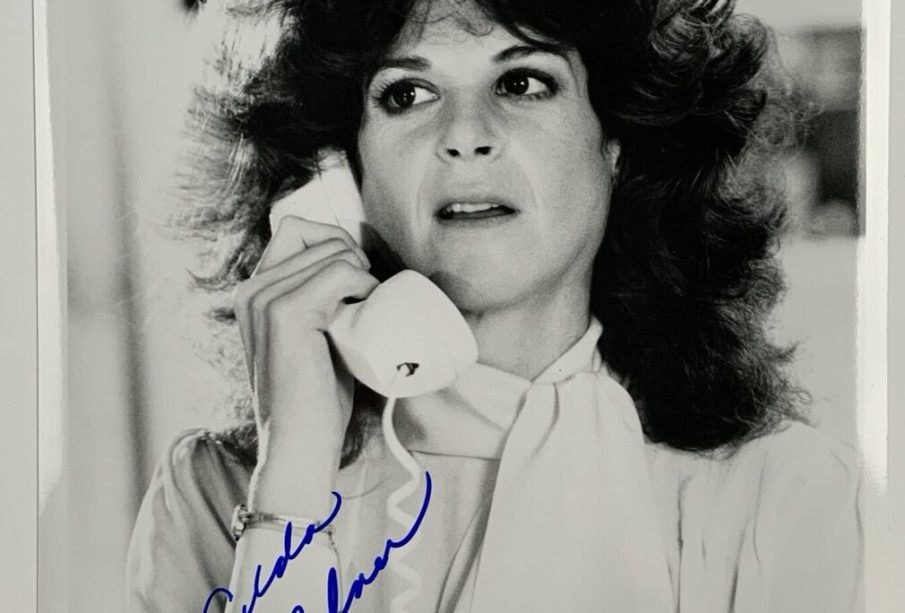The Legacy of Gilda Radner: A Trailblazer in Comedy

Introduction
Gilda Radner, an iconic figure in the world of comedy, continues to be celebrated for her groundbreaking contributions to the industry. Known for her unique characters and infectious energy, Radner’s legacy is particularly relevant in today’s entertainment climate where female comedians are carving out their spaces more than ever. This exploration of her life and impact serves not only as a tribute but as a reminder of the barriers she broke down in her career.
Early Life and Career
Born on June 28, 1946, in Detroit, Michigan, Gilda Radner exhibited a passion for performance from a young age. She pursued her craft at the University of Michigan, and soon moved to the vibrant comedy scene in Toronto, where she honed her skills in improvisational theatre. Radner’s big break came when she joined the cast of Saturday Night Live (SNL) in 1975, becoming one of its first female members. Her portrayal of memorable characters like Roseanne Roseannadanna and Baba Wawa captivated audiences and earned her a place in comedy history.
Achievements and Impact
Radner’s work did not go unrecognised; she won an Emmy Award for her performances on SNL and was nominated for several others throughout her career. What set her apart was not just her comedic talent but her ability to connect deeply with her audience, often tackling topics such as love, fear, and vulnerability with a light-hearted yet genuine touch. Her work paved the way for future generations of comedians, particularly women, inspiring them to embrace their uniqueness and humour in a largely male-dominated industry.
Health Struggles and Advocacy
In the 1980s, Radner’s life took a challenging turn when she was diagnosed with ovarian cancer. Her battle with the disease led her to become an advocate for cancer awareness and research, founding Gilda’s Club in 1991, which provides support for cancer patients and their families. Her legacy of kindness and resilience continues through the organisation, fostering a sense of community and care among those affected by cancer.
Conclusion
Gilda Radner’s influence is still felt today in the realms of both comedy and philanthropy. As audiences continue to seek laughter and connection, her unique brand of humour serves as a powerful reminder of the importance of authenticity and joy in the face of adversity. As the landscape of comedy evolves, Radner’s pioneering spirit will forever inspire new generations of performers. Her legacy encapsulates not just laughter but an enduring message of hope and community.







